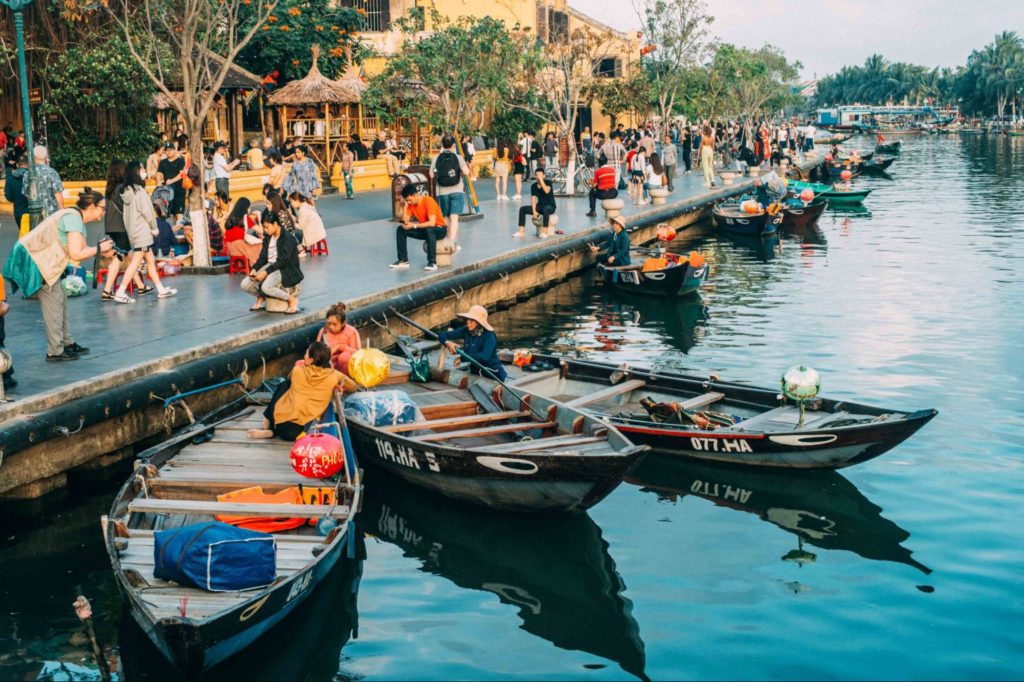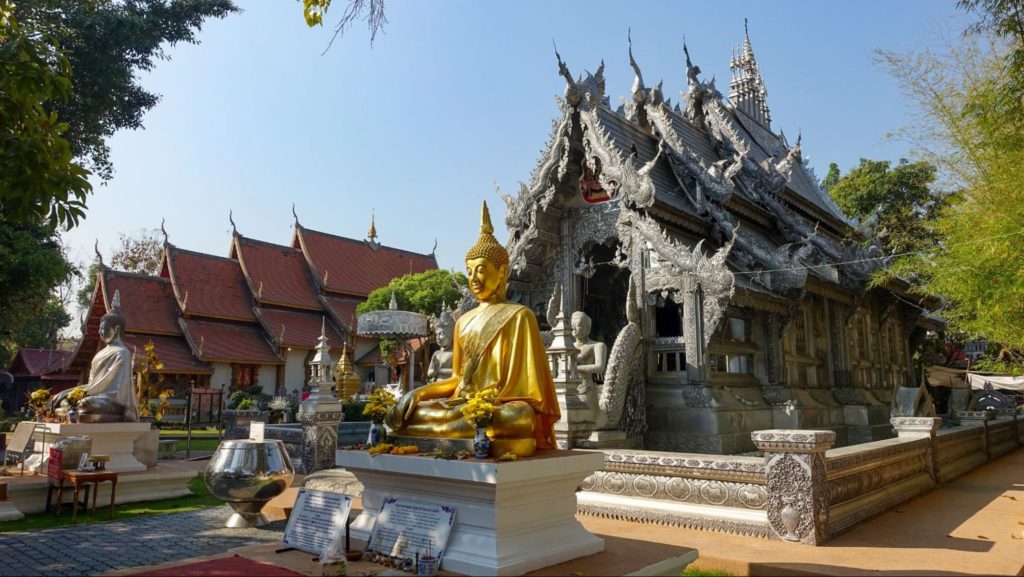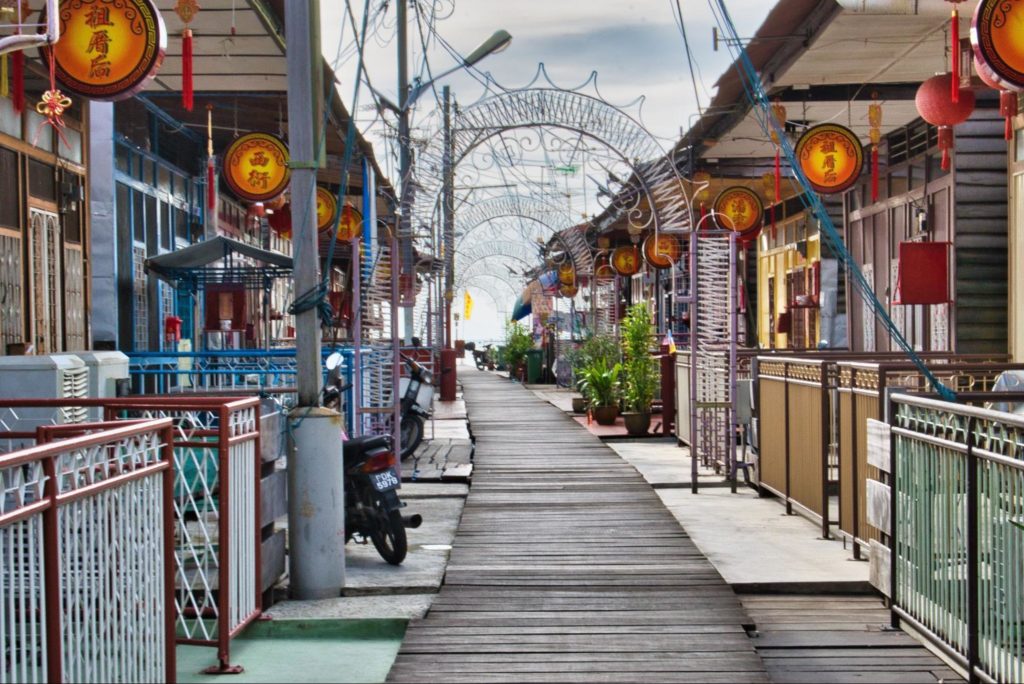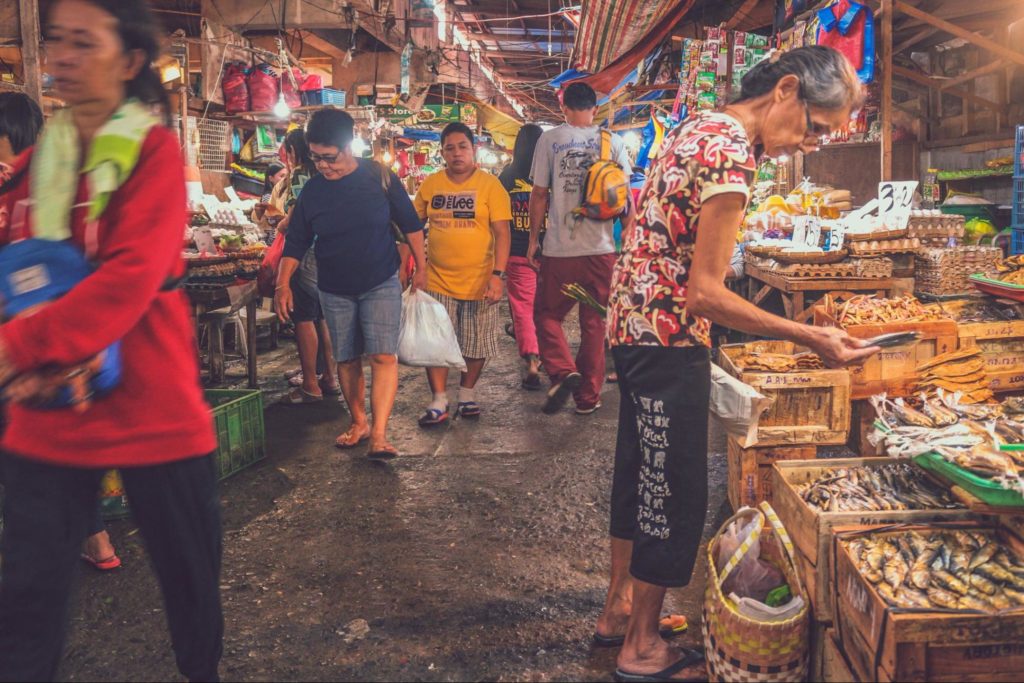Remote working is no longer a trend – it’s a common lifestyle.
During the COVID-19 pandemic, 70% of full-time employees worked from home.
Millions of workers adapted to the idea of working from wherever, whenever. That same study found that 1 in 2 workers won’t return to workplaces that don’t offer remote work after COVID-19.
It’s easy to see the appeal. Who doesn’t want to work from a white sandy beach?
With its turquoise waters, Southeast Asia is a mecca for remote workers. Nestled on the region’s beaches and in its charming cafes, you’ll find many digital nomads.
Who is a “digital nomad”?
Consisting of 15.5 million people from the US alone, “digital nomads” embrace the benefits of remote working to the fullest. These individuals work primarily online to remain nomadic, making the world their office. As long as there is Wi-Fi, these folks migrate to where the weather is nice, and the beer is cheap.
For this reason, Southeast Asia is one of the preferred spots for digital nomads.
What do digital nomads look for in a destination?
Unlike tourists, digital nomads look for more than sandy beaches and entertainment options.
Here are the basic requirements for a place where a digital nomad wants to go.
Wi-Fi Accessibility
The lifeblood of the digital nomad, internet connectivity, is key. While some can survive with minimal network speeds, most can’t. If you’re a digital nomad or plan to become one, serene locations might not be the best choice for you if the Wi-Fi is too weak or non-existent.
Coworking/networking availability
Life on the road can get lonely and like-minded people can help you feel at home. Coworking spaces are often abundant and welcoming in Southeast Asia. It’s also a great chance to network and gain powerful business connections.
Visas
Visa applications in Southeast Asia may not be the simplest ones. Ultimately, having to deal with this process can make or break your decision. Make sure to do your research and apply well in advance. Also, keep your eyes open for digital nomad visas which are becoming more common.
Healthcare amenities
Living and working on a faraway island in Cambodia is ideal for some. However, if the closest hospital is a 3-hour ferry away, you might want to rethink. A great location will offer plenty of healthcare amenities in case of any emergency.
Top 7 spots for digital nomads in Southeast Asia
Southeast Asia is a global magnet for digital nomads for a reason. There are plenty of cities that offer convenient workspaces alongside beautiful nature and like-minded communities.
Here are the top 7 spots for independent workers in Southeast Asia.
Hoi An, Vietnam
Divided by canals, the vivid ancient town of Hoi An is a promising digital nomad hotspot. With cheap long-term rentals and a relaxed vibe, it’s no wonder this destination is growing in popularity.
Countless cafes and restaurants populate the port town, providing Wi-Fi spots for those, who need to work. As a developing digital nomad destination, there is currently only one dedicated coworking space.

Source: Tam Nguyen
Hub Hoi An offers various office amenities in a tastefully designed atmosphere.
Alternatively, many cafes around Hoi An welcome coworkers for the cost of a cup of coffee.
|
Pros |
Cons |
|
|
Chiang Mai, Thailand
Stay for a while and it’s easy to see why Forbes pinpoints Chiang Mai as the center of the digital nomad universe. Affordable coworking spaces and a wide nomad network make so many people call this city home.
The northern Thai city has no shortage of fast Wi-Fi, nomad-friendly cafes, and communities of expats from all around the globe. Besides that, there are hundreds of Buddhist temples to explore in your free time.

Source: Peter Borter
Punspace is a favored coworking space, drowning visitors in free never-ending coffee. Chiang Mai is perfect for those that want the conveniences of a major city without all the big-city glamor.
|
Pros |
Cons |
|
|
Singapore
Singapore is where Southeast Asian culture meets western living standards. Although more expensive, the island makes up for it with sheer quantity. The city hosts a myriad of coworking spaces and business conferences.
If you don’t mind the higher cost of living and accommodation, Singapore is your best choice. State-of-the-art hospitals, drinkable water taps, and reliable Wi-Fi sports are available everywhere.

Source: Mike Enerio
By far the most popular coworking space, The Hive provides a spacious coworking environment.
Overall, for digital nomads looking to advance in business, Singapore is your go-to destination.
|
Pros |
Cons |
|
|
Ubud, Indonesia
The small spiritual heart of Bali, Ubud is the perfect choice for the laid-back digital nomads. Even though it gets touristy during the high season, this picturesque Indonesian town still retains its cultural heritage.
Situated among rice paddies, the central Balinese town has many hipster cafes. The food is creative and friendly to any diet. Besides working, Ubud will keep you busy with spiritual and social events.

Source: Max Kukurudziak
This small town is home to a few coworking spaces. Outpost is a beloved spot, offering coworking, coliving, yoga and much more.
|
Pros |
Cons |
|
|
Siem Reap, Cambodia
Home to Angkor Wat, the largest religious complex in the world, Siem Reap is an up and coming nomad hotspot. The city is buzzing with life but is more laid-back than its sister city Phnom Penh.
Siem Reap has a strong nomad network and coworking options. Street food is plentiful and accommodation is cheap. Cambodia’s city of culture is the perfect option for a digital nomad on a budget.

Source: James Wheeler
Angkor Hub offers coworking facilities and a hammock garden for chilling after work. Alternatively, you can spend your time off exploring winding streets or the sights of Angkor Wat.
|
Pros |
Cons |
|
|
Penang, Malaysia
Colonial architecture and vibrant street art make up Malaysia’s second-largest city. Penang has easygoing island vibes while maintaining the conveniences of a big city.
The Wi-Fi in Penang is considerably slower than in other countries. But with the rising popularity and a booming economy, it’s easy to see how this will change in upcoming years.

Source: Steve Douglas
The digital nomad presence isn’t as strong in Penang but it’s increasing. Official coworking options are limited, @Cat being the most popular.
|
Pros |
Cons |
|
|
Davao City, the Philippines
For lovers of crystal clear waters and tropical weather, Davao City is the right choice. Infrastructure is somewhat lacking and Wi-Fi can be slow. However, locals are warm and living is affordable.
This trade city on the island of Mindanao is great for all budgets. The Philippine peso goes a long way, so Davao is a great place to minimize your expenses. Nature is lush and the beaches are pristine.

Source: Frank Lloyd de la Cruz
The best coworking choice in Davao City is Skynora Center. It’s welcoming freelancers, business owners, and any other remote worker.
|
Pros |
Cons |
|
|
Common challenges faced by digital nomads in Southeast Asia
While life in Southeast Asia can be quite pleasant, there are still challenges that digital nomads can face.
Power outages
Unfortunately, power outages aren’t uncommon in this part of the world. Infrastructure isn’t as developed, so when going out, keep your devices charged and invest in a power bank.
Insecure public networks
With so many remote workers on a single network, a public Wi-Fi network in coworking spaces is an easy target for hackers. Read here to find out how to protect your personal data with a Virtual Private Network (VPN).
Poor Wi-Fi connections
Wi-Fi can be notoriously slow in some parts of Southeast Asia. Purchasing a portable Wi-Fi router or data SIM can be your saving grace.
Honk, honk!
Anyone who has spent some time in Southeast Asia already knows what I’m about to say. Honking at all hours of the day is common, so bring some good headphones to stay focused.
The world of work is going digital. Never before has it been so easy to work remotely. Anyone can be a digital nomad, so what are you waiting for?
Book that one-way ticket, the world awaits!




